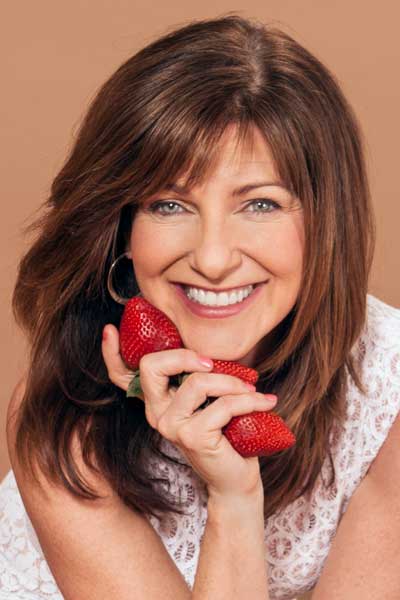4 Seasonal Vegetables to Eat Now

But I also like eating seasonal produce because I know it can be grown locally. Some of the biggest benefits to eating local food are that it is usually picked when it's ripe (or almost ripe), and spends little time in transit. If you live near a farm, you may even get to go pick your own. Lucky you!
Depending on where you live, your local seasonal produce may vary. But in much of the country, we're about to enjoy some of fall's most savory treats. And, it gets better. Each of these fall favorites has its own unique nutritional profile that will contribute to your health in various ways.
Pumpkin: Just one cup of cooked, mashed pumpkin will deliver more than 200 percent of your recommended daily intake of vitamin A. Pumpkins are rich in beta carotene (which is where they get that beautiful orange color), and the body converts beta carotene to vitamin A.
A 2007 study in the Journal of Medicinal Food suggested that eating pumpkin may help control glucose levels, and reduce hypertension.
Brussels Sprouts: Not every one loves Brussels sprouts, but if you do, now's the time to enjoy them. Just one cup of this cruciferous vegetable contains nearly 200 percent of your recommended daily intake of vitamin K, and over 100 percent of your daily value of vitamin C. This food is also rich in manganese, fiber and B vitamins, including folate.
Cabbage: Cabbage is so much more than just the main ingredient in coleslaw. It is extremely high in antioxidants, and it's a great source of vitamin C. [6 Easy Ways to Eat More Fruits and Vegetables]
Kale: Kale's popularity seems to have surged in recent years, but don't let the fact that it seems trendy keep you away from enjoying this super food. It's high in fiber, iron and vitamins A and C. Kale has zero fat, and it's loaded with antioxidants.
Get the world’s most fascinating discoveries delivered straight to your inbox.
Kale and other brassica vegetables, including cabbage and Brussels sprouts, may also help reduce cancer risk. A 1996 study in the journal Cancer, Epidemiology, Biomarkers and Prevention found that a high consumption of these veggies was associated with a decreased risk of cancer.
Healthy Bites appears weekly on LiveScience. Deborah Herlax Enos is a certified nutritionist and a health coach and weight loss expert in the Seattle area with more than 20 years of experience. Read more tips on her blog, Health in a Hurry!



